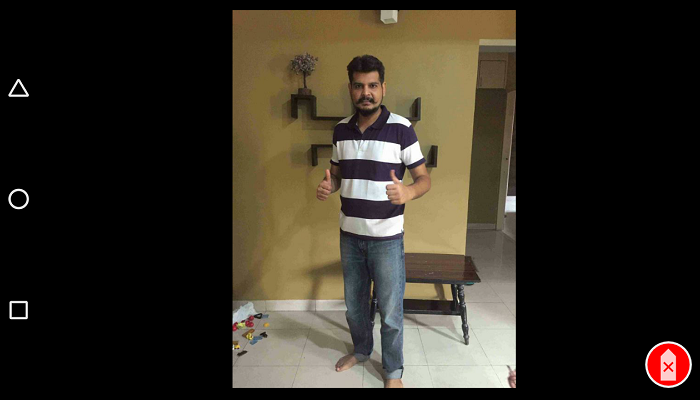 So I started writing this blog almost a year back and could not complete it in this one year because I felt everybody knows everything about diabetes and what was the point of repeating the same things over and over again. Then, I realized, that this World Diabetes Day instead of the same diabetes facts, what we really need is a real patient case and scenarios to make everybody understand how intense and life-threatening, diabetes as a disease can be.
So I started writing this blog almost a year back and could not complete it in this one year because I felt everybody knows everything about diabetes and what was the point of repeating the same things over and over again. Then, I realized, that this World Diabetes Day instead of the same diabetes facts, what we really need is a real patient case and scenarios to make everybody understand how intense and life-threatening, diabetes as a disease can be.
I remember long back we had a worried parent of a 6year old come into our clinic saying that his son’s urine had ants in it. After taking a proper history we realized that it was not ants in his urine but sugar in the kid’s urine left on the commode which was attracting the ants. Few blood tests later the child was diagnosed with Juvenile Diabetes. That’s Type 1 diabetes, the type which is most commonly seen in the younger kids. Basically, the pancreas barely produces any insulin in these kids which leads to sugar flowing through the blood and causing diabetes.
Diabetes is a group of metabolic disorders in which the person has high blood glucose (blood sugar), either because insulin production is inadequate, or because the body’s cells do not respond properly to insulin or both.
Causes can range from autoimmune destruction, heredity or positive family history, insulin resistance to various infections like pancreatitis. But, the main cause or the root cause of Diabetes especially type 2 which affects mostly the adult population has to be a poor lifestyle.
Diabetes-like we all know can easily go unnoticed, even when a patient has already been diagnosed. Because of this, unfortunately, many don’t pay attention to the possible terrible problems that can happen if your diabetes is not under control.
I remember a case at the beginning of my career, a 40year old man having diabetes for more than 10 years came to our clinic with a complain that he had wound on his foot which was not healing. He knew his sugars were high but still wasn’t taking care. We started him off on the required medicines and within 10 days of better sugars, the wound had healed. He had no memory of how he had hurt himself. After 4months the same patient came back with an even bigger wound but unfortunately this time it had spread so much that his foot could not be saved and had to be amputated.
Does it make sense being so careless with your health and losing your foot just because your sugars are not controlled?

Let’s discuss the complications of uncontrolled diabetes which can affect almost every organ of your body. Most commonly Diabetes affects your heart, kidneys, eyes, feet and your nerves (neuropathy) at varying degrees. Apart from these, diabetics have a higher risk of infections and dental problems. It is difficult to say what gets affected first but easier to remember that if your blood sugars are not under control, you have set yourself on the path to trouble.

During my internship, I got a call from a friend that his dad had a heart attack and they were shifting him to the same hospital where I was working. Fortunately, that month I was posted in the ICU itself so I was happy that I was going to be able to monitor his dad. Just on the opposite bed, there was another man of the same age who had suffered a heart attack the morning before. Almost two weeks later, my friend’s dad was still in the ICU whereas the other man was on his way to get discharged. Another 2 weeks went by but unfortunately, we didn’t see much signs of improvement and eventually we lost him in the next few days. The only big difference between the two patients was that my friend’s dad had uncontrolled diabetes!!
Diabetes dramatically increases the risk of various cardiovascular problems, including coronary artery disease with chest pain (angina), heart attack, stroke and narrowing of arteries (atherosclerosis). If you have diabetes, you are more likely to have heart disease or stroke.
Your body and your health need a lot of care, attention and need to be your first priority not only at the time when you are sick but more when you are well. The point of this blog is not to scare you but to make you aware, and part of that awareness is knowing how to be able to help yourself. Follow the below tips and start your healthy journey today!

Tips to prevent or live well with diabetes
- Maintain a healthy weight and look out for belly fat
- Make healthy food choices
- Be physically active (gradually increase everyday steps and try and reach the 10,000 target)
- Monitor your sugar levels regularly and keep a check on your blood pressure
- Get your full body tests done once a year
- Sleep well and work to manage daily stress
- Quit smoking
- If on medications, make sure you take them regularly






